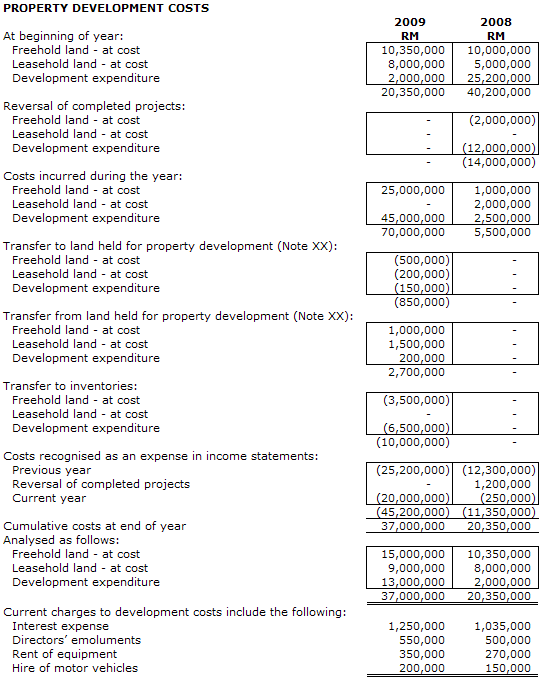An article by KPMG Tax Services Sdn. Bhd. on how implementation of Goods and Services Tax (“GST”) would affect small and medium businesses:-
“The Star, Monday November 23, 2009
How GST affects small, medium businesses
By CHEW THEAM HOCK and TAN ENG YEW
Awareness of compliance requirements vital before it’s introduced
THE goods and services tax (GST), if implemented, will not only affect big businesses. The compliance requirements apply once a business achieves a certain prescribed annual sales turnover level. This registration threshold has not been announced.
However, it is worthwhile noting that the licensing threshold for sales tax and service tax, which GST will replace, currently ranges from RM100,000 to RM300,000. If this is any indication, GST registration will be an obligation for many smaller businesses. This is taking into account that GST will be imposed on practically all supplies of goods and services and at every stage of the supply chain.
Credit offset mechanism: In simple terms, businesses supplying taxable goods and services have to charge GST on supplies made (referred to as output tax). The GST paid on purchases (input tax), including capital equipment, supplies and materials can be offset against the output GST. This is referred to as the credit offset mechanism.
The net amount would have to be remitted to the Royal Malaysian Customs. Businesses that are largely export-oriented are likely to be in a refund position. To claim the credit offset, businesses are required to obtain and keep tax invoices from suppliers. While this may sound simple, the tracking, record keeping and reporting can be a challenge to many businesses.
Below are some thoughts for small and medium-scale enterprises (SMEs) as the Government ponders on the implementation of the GST, particularly the registration threshold.
Awareness of responsibilities: Notwithstanding the size of the business, the law imposes the same compliance obligations once the registration threshold is reached. Once the registration threshold is announced, affected businesses will need to follow closely the developments and to understand their responsibilities under the GST regime.
While the business is essentially just collecting and remitting GST for the Government, non-compliance will result in penalties on the business itself.
It is hoped that the Government would leverage off the experience from other countries that have successfully implemented GST and roll out comprehensive awareness programmes to help, in particular SMEs, prepare for the GST. These could include organising briefings at various locations, setting up small offices, kiosks, helpdesks and hotlines throughout the country.
Compliance cost: GST imposes additional compliance costs for businesses. These come in the form of additional work to account for the tax, tracking of the input taxes paid, undertaking reconciliations and filings of GST returns.
In addition, where a business pays cash or has short credit periods from its suppliers, this may result in the business needing extra finances to purchase supplies when GST is first introduced. This is a timing issue which should iron itself out over time as credits are claimed. In this respect, there have been requests that the tax return cycles for SMEs be extended to ease the cashflow burden under the GST regime.
Customer reactions: As often happens, customers react to news of discounts or price increases. It is generally anticipated that GST will result in a price hike on certain goods.
The level of increase depends partly on the rate of tax announced. Experiences in other countries have shown that customers generally go on a shopping spree shortly before the introduction of the tax, followed by a period of relative inactivity after the tax is introduced.
Anticipating this, it may be necessary to do some stock planning to cater for a pre-GST rush. This, however, has to be balanced by the fact that stock in hand when GST is introduced, may not be entitled to any input tax credit.
Purchase of business assets: Like customers, businesses should also plan their purchases during the GST transition period. This is because currently many goods (particularly capital goods) have an embedded sales tax in them which is not deductible or creditable.
On the other hand, buying the same goods by the business after GST would allow the business to claim a credit for the GST (which will replace sales tax). This is an advantage for the business and the effective cost of the goods would then be lower (other things remaining equal).
As a rule of thumb, while household consumers are likely to shop before GST is introduced, businesses which are GST registration candidates should perhaps delay purchases to a time when GST is effective. This does, however, require some assumption that prices will otherwise remain static.
To register or not to register: Some businesses will inevitably fall below the registration threshold. While it may appear a good thing that the business is not subject to the compliance burden of the tax, other factors need to be taken into consideration whether or not to register.
For one, unless the business is licensed, it would not be entitled to claim the input tax credits on purchases. This leads to input tax paid being a cost to the business (this may be a good thing from the customers’ perspective; GST is not imposed when they purchase the goods).
However, in a situation where the customers of the business are other GST registered businesses, the supplier may be obligated to license itself as it is likely that the customer would insist on buying from another registered person to enable him to claim the input tax credit.
Noting the additional burden that GST puts on SMEs, the Government could consider making concerted efforts in conducting education campaigns as well as addressing and deciding on compliance issues before the introduction of GST. Treatment of specific transitional issues needs to be announced upfront to facilitate a smooth transition to the GST regime.
● The writers are executive directors of KPMG Tax Services Sdn Bhd.“

